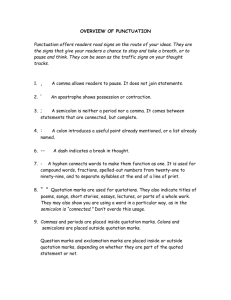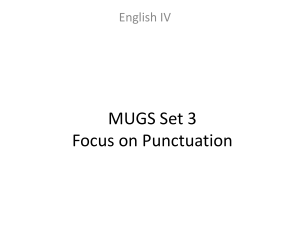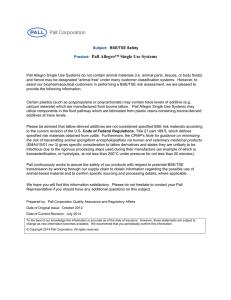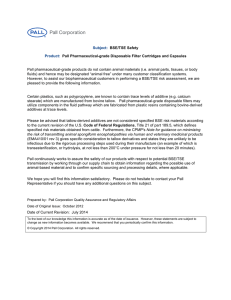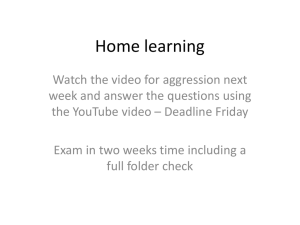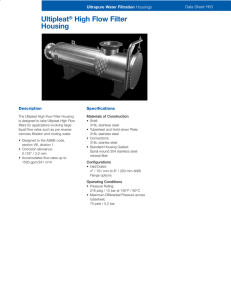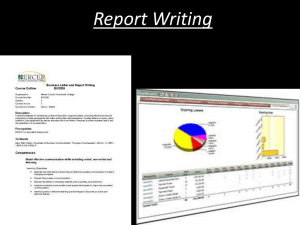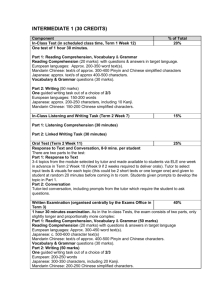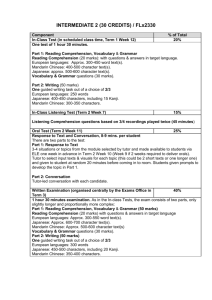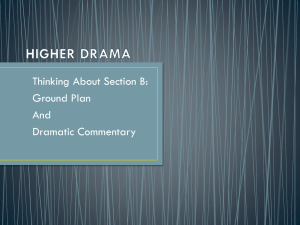mock section A beijing
advertisement
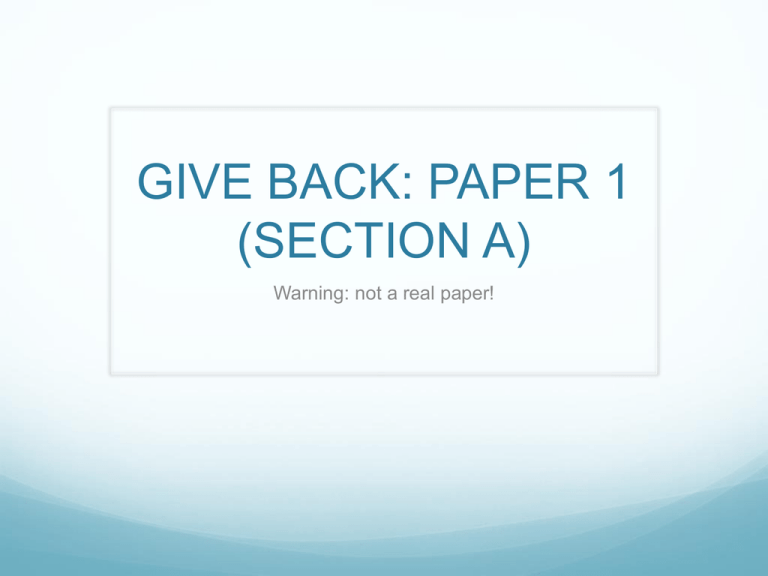
GIVE BACK: PAPER 1 (SECTION A) Warning: not a real paper! As usual, a passage of non fiction Taken from an old AQA Pre-release 2010 Prerelease can be found on the blog post Questions are also on the post, together with marks to be awarded Q1 • • • • Pall Pall of smog Smog Cloud of murk THINKING AHEAD: PALL: a cloth to wrap dead bodies Q2 The key, as in all these questions is “in your own words” Do not quote. The examiner is testing your ability to understand, not to cherry pick buzzwords. The focus are the “conditions prevalent in the run up…” Not the truth or otherwise of what is said, and not the detail of the scientific analysis. 4 marks for 4 separate ideas PREVALENT: widespread or in general use at the time Q3 1 mark – short answer Thinking of TRAPPERS: Polls and statistics should have come to mind here. A short quotation nails the mark Any answer showing recognition of the shift from descriptive writing to a more factual tone, with a quotation, would get the single mark on offer. Veracity: Truth Q4 12 Marks on offer – 1/5th of the paper… or 14% of the entire IGCSE You need to analyze by quoting and explaining – PEE all over this one. Ideally 4 PEARLS will get the marks Think TRAPPERS and apply… Do not be afraid to use material from the earlier questions USE THE BULLETS – new paragraph for each. IDEAS Emotive Language: Use the opening three paragraphs here. Look for words or phrases chosen for a reaction… BULLETS… Fact and Opinion You have already discussed Statistics… now give a brief analysis of the writing and remember that use of trustworthy sources is vital. His point of view is that things are bad, but that the Chinese will not acknowledge this fact. Try to use the whole piece Here, the writer evaluates his thoughts and reaches a conclusion: This is a result of good things in the Chinese economy. Consider how his language choice shows His POV that there is a real positive to be found in the modern Chinese society. This is not the only time , but you might like to look at the use of the 1st person plural here. It suggests some form of complicity between writer and reader and helps to get his view across because we begin to trust him.
